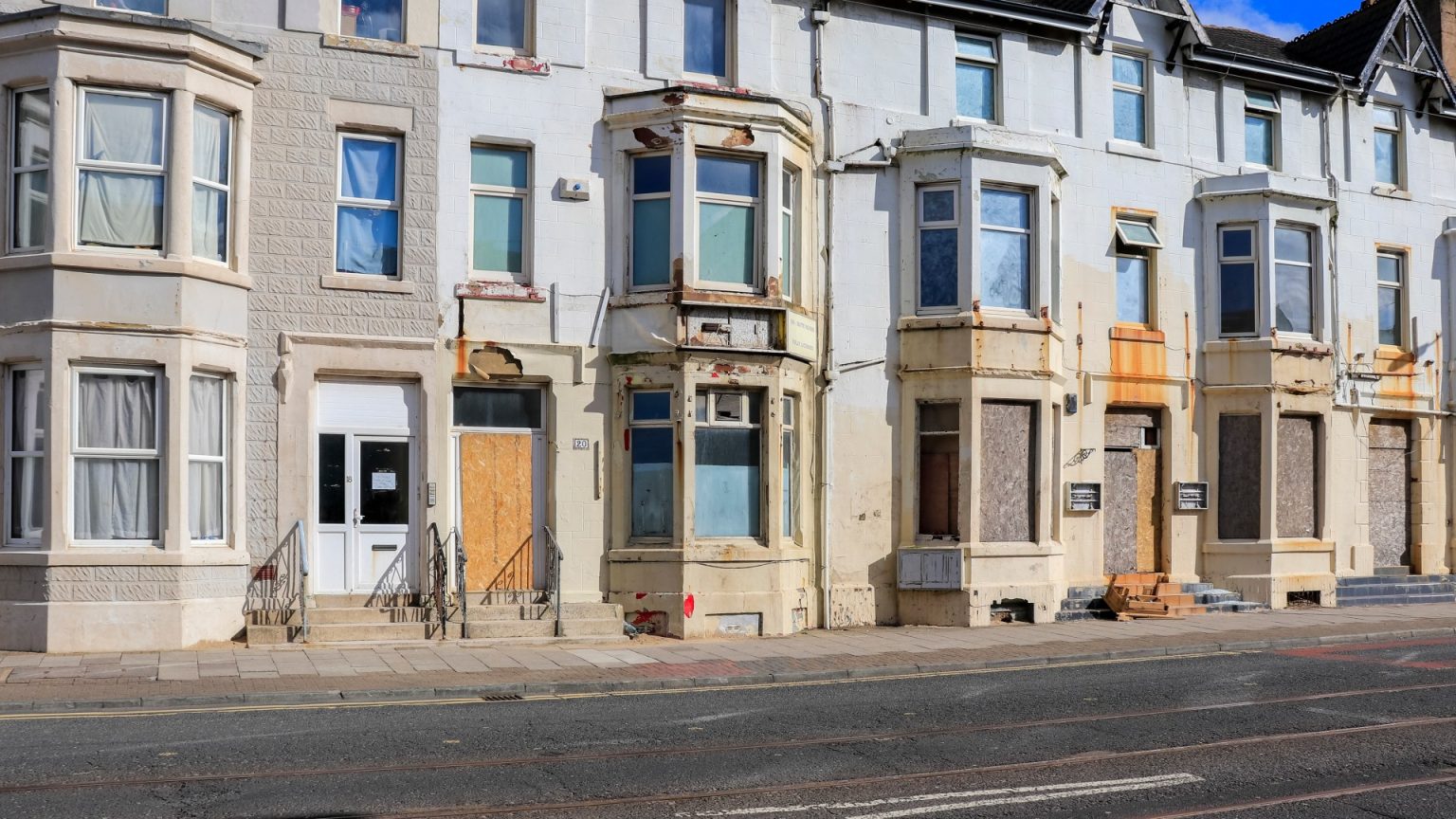Blackpool, once a bustling seaside resort town, is now grappling with a multitude of socio-economic challenges, leaving residents feeling abandoned and betrayed by their local council. The town’s over-reliance on tourism, coupled with a perceived obsession with building hotels and car parks, has left it vulnerable to decline as traditional tourism wanes. This has created a vicious cycle of deprivation, impacting health, housing, and overall quality of life for residents. Now, a new threat emerges: London-based buy-to-let landlords, attracted by high rental yields and lower costs compared to the capital, are increasingly investing in Blackpool properties. This influx of outside investment, while potentially offering some benefits, raises fears of further exacerbating the existing housing crisis for locals.
The once vibrant tourism economy, which was the backbone of Blackpool’s prosperity, is now a shadow of its former self. The council’s focus on tourism infrastructure, while arguably well-intentioned, has seemingly neglected the broader needs of the community. As tourist numbers dwindle, the town struggles to adapt, leaving behind a legacy of economic hardship and social problems. The stark reality of Blackpool’s decline is reflected in its alarming statistics: the lowest male life expectancy in the UK, the highest deprivation levels in England, an obesity crisis, and significantly higher rates of alcohol-related deaths, drug deaths, and smoking deaths compared to the national average. These grim figures paint a picture of a community in crisis, struggling to cope with the fallout of a declining economy and inadequate support systems.
Adding to residents’ anxieties is the growing presence of London-based landlords, drawn to Blackpool’s high rental yields and significantly lower investment costs compared to the capital. While some argue that this investment could stimulate the local housing market, many residents fear it will further inflate property prices, making homeownership unattainable for local families and young people. This influx of external investment, while potentially injecting capital into the local economy, risks exacerbating the existing housing affordability crisis, pushing more residents into precarious living situations and widening the gap between the haves and have-nots. This dynamic creates a sense of resentment and fuels the perception that Blackpool is being exploited for its affordability, with little regard for the wellbeing of its existing residents.
The stories of Blackpool residents highlight the human cost of the town’s decline. Daniel, a plasterer, finds himself homeless, unable to afford social housing and forced to sleep in public toilets. Rosemary, who moved to the area a few years ago, acknowledges the superior healthcare services but expresses concern about the affordability of housing for young people. William, a long-term resident, laments the council’s misguided focus on tourism and fears that London investment will be the “final straw” for the struggling town. These personal accounts illustrate the real-life consequences of Blackpool’s economic woes and the anxieties surrounding the influx of outside investors. They underscore the urgent need for solutions that address the root causes of the town’s decline and prioritize the needs of its residents.
The debate surrounding the impact of London-based landlords on Blackpool’s housing market reveals conflicting perspectives. While some residents fear displacement and rising rents, others see potential benefits in the form of improved housing stock and increased economic activity. Tarun Mehan, a local business owner with a London-based landlord, offers a counterpoint, stating he has no issues with his landlord. This highlights the complexity of the situation and the need for nuanced approaches to address the town’s housing challenges. While investment is undoubtedly needed, it’s crucial to ensure that it benefits the entire community and doesn’t further marginalize vulnerable residents.
Ultimately, Blackpool’s future hinges on a multifaceted approach that addresses its deep-rooted socio-economic problems. Moving forward requires a shift away from over-reliance on tourism and a focus on diversifying the local economy, creating sustainable job opportunities, and investing in essential services like healthcare, education, and social support. Addressing the housing crisis requires a balanced strategy that encourages responsible investment while protecting the interests of local residents. This could involve implementing policies that promote affordable housing development, regulate rental prices, and provide support for first-time buyers. Only by prioritizing the needs of its residents can Blackpool hope to rebuild its community and reclaim its future.




